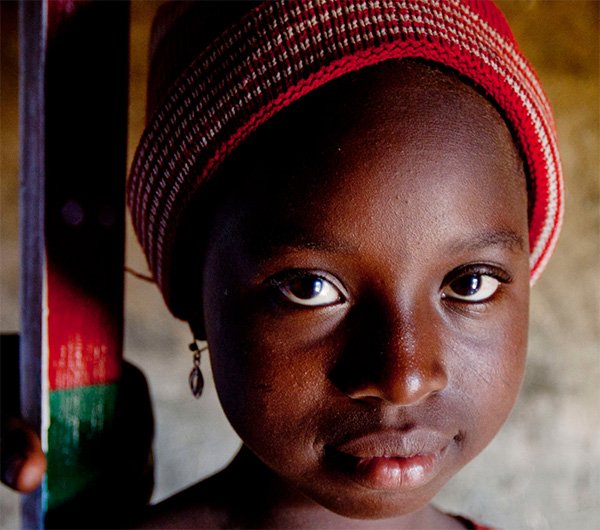
Summary
This report highlights findings from a literature review and an interactive meeting that set out to assess knowledge about the impact that NTDs and mass drug administration (MDA) programs have on women and girls and identify opportunities to improve access and strengthen the value and positive impacts of MDA for women and girls.
Details
The Uniting to Combat Neglected Tropical Diseases community is committed both to ending these diseases of poverty and to ensuring that no one is left behind.
This report highlights findings from a literature review and an interactive meeting that set out to assess knowledge about the impact that NTDs and mass drug administration (MDA) programs have on women and girls and identify opportunities to improve access and strengthen the value and positive impacts of MDA for women and girls.
It builds on recent commitments by key donors and stakeholders in the Joint Announcement on Implementation of Agenda 2030 Accelerating Progress Towards Gender Equality to increase focus and investments towards closing the core gender data challenges.
- Neglected tropical diseases can disproportionately impact and disadvantage women and girls in some contexts due to biological and cultural reasons that differ by setting and pathogen.
- MDA programs appear to be well positioned to reach marginalized populations and address the inequalities that women and girls experience due to NTDs.
- Applying a gender equity lens in NTD program design and delivery may position programs to improve gender mainstreaming practices and service delivery for women and girls.
- The NTD community should take the opportunity to align messaging and advocacy efforts to engage donors, health ministries, and partners from other health sectors to be strategically placed to promote Sustainable Development Goal (SDG) 3: Good Health and Well-being and 5: Gender Equality.
Resources
01 April 2017